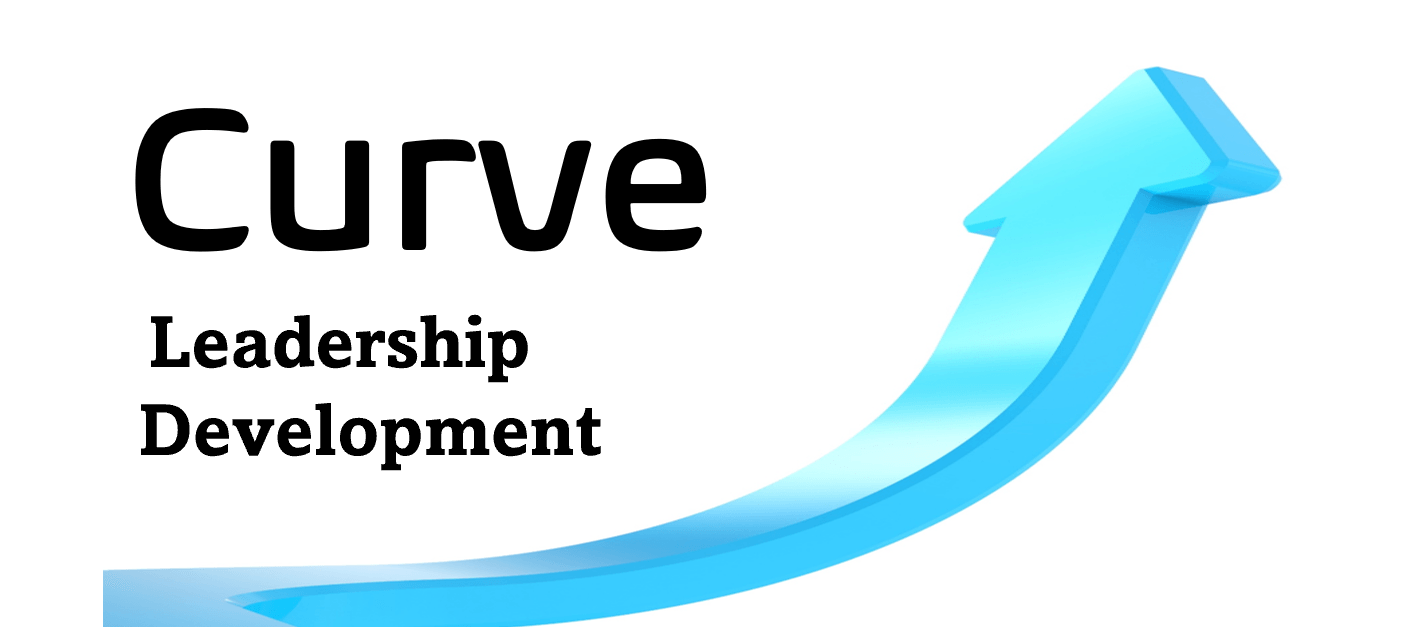Why should business leaders focus on self-awareness, and why is it so hard?
Hopefully, your career is going well; you have aced the KPIs, beaten the competition and have become well-regarded by your peers. Time to graciously accept that new role of leading a team.
Harder than you thought?
As we take on leadership roles, our knowledge and individual skills become less central to how well our team and we perform. Instead, the larger or more complex the team you lead; the more behaviours become the key differentiator between good and great leaders.
Why?
Well, team performance is about collaboration, cooperation and shared goals. It is centred on ‘Us’, not ‘I’, a dramatic shift from when you were only accountable for yourself.
What can you do about it?
Start with the ‘Self’.
We all have a carefully curated image of our self. It’s built on our successes, amongst many others things. Ask, how close is this image to the reality of how others see me?
How useful are some of my current behaviours in building a successful team environment? If we accept that great ideas can come from anyone within the team, how dominant should my voice as its leader be?
Who can help me work this out?
As a leader, you may not have an obvious peer group to bounce ideas off or against whom you can measure yourself. Some line managers are open and honest with their behaviour feedback, but that can sometimes be an awkward conversation to initiate. We at Curve Leadership would suggest two strategies:
1. Talk to a coach – Work through and identify behaviours that have contributed to your success up to this point but may now hold back your team’s performance. Devise a personal plan to first ease into neutral (stop certain behaviours) and then move on to how to replace these with positive team-building ones
2. Be honest with your team – Tell them you are working on these elements and ask for their support. Promise to check in with them each month about how you are progressing and your focus areas for the future.
Showing that you are working to improve your personal behaviours benefits everyone. It is a good example of leadership in action
Where does all that get me?
Great leaders are self-aware; they have to be if they wish to develop and harness the power of emotional intelligence. Emotional Intelligence (EQ), or the ability to perceive, control, and evaluate one’s own and other’s emotions, allows you to create a working context that enables your team to develop greatness.
Self awareness leads to self development that then opens you up to higher-level leadership behaviours that such as empowerment and encouraging individuals to realise more of their potential, which builds motivation and engagement. Doing so builds a whole greater that is greater than the sum of its parts. That’s what you want your team to become; a value adding coherent group that is highly motivated to perform. Building a successful team and getting the most out of people is what leadership is all about.
Exciting thought that, isn’t it!
Our next blog will focus on why great teams mean great performance. But we couldn’t start without first turning the spotlight on ourselves as leaders. After all, you are part of the team, and you can shape how that team will work together and, ultimately, how it will perform.


